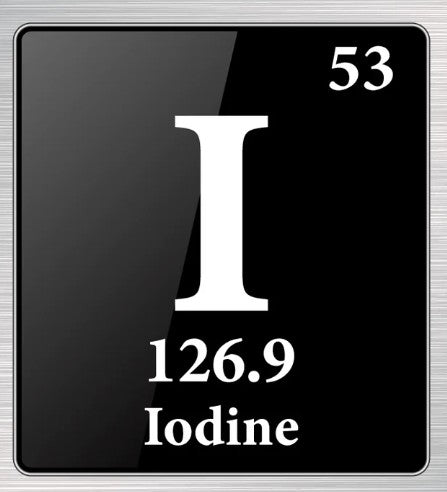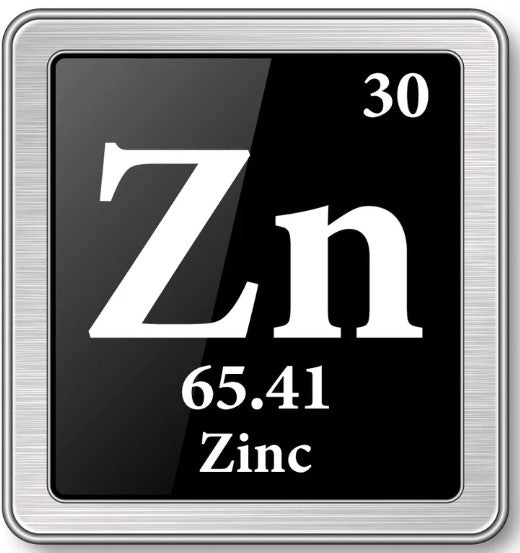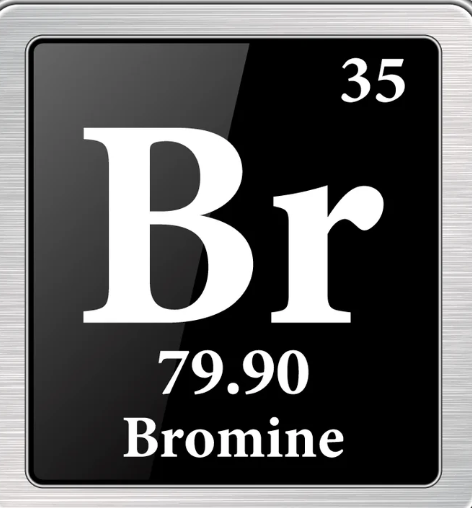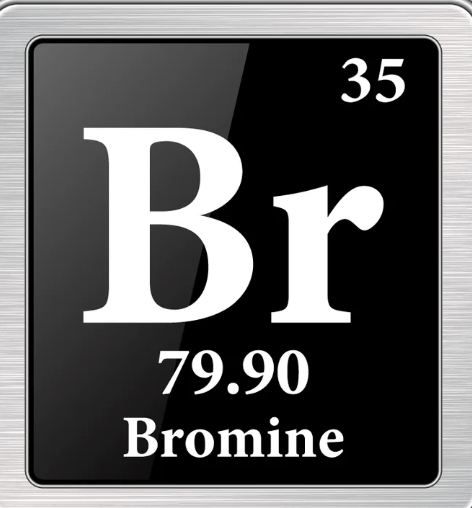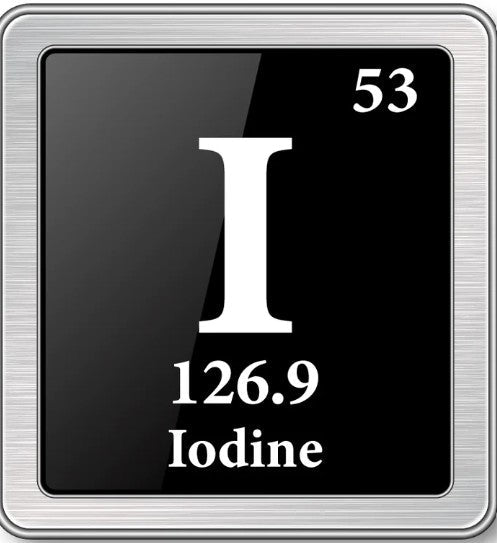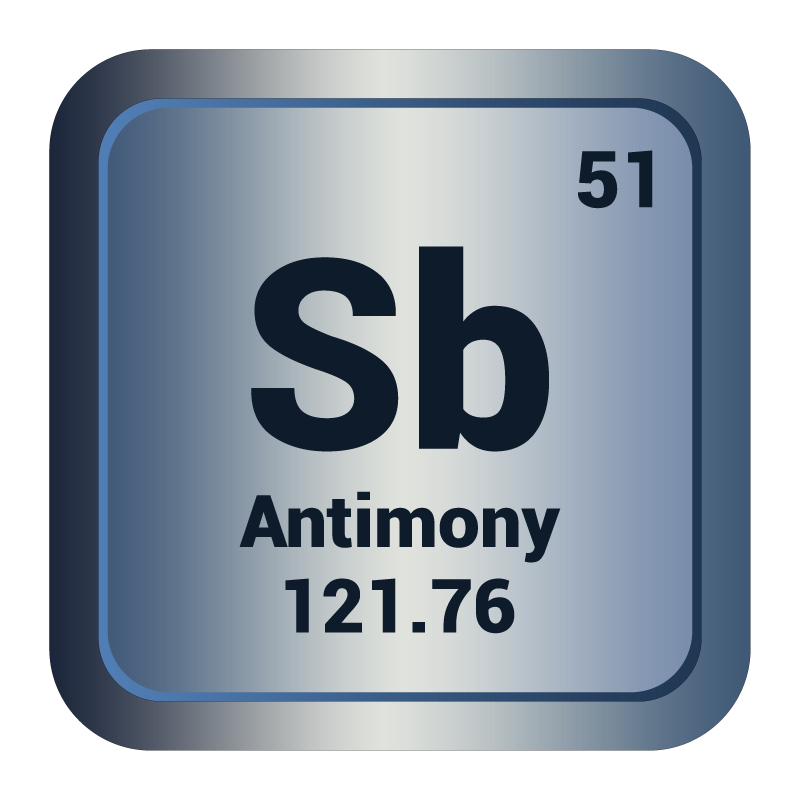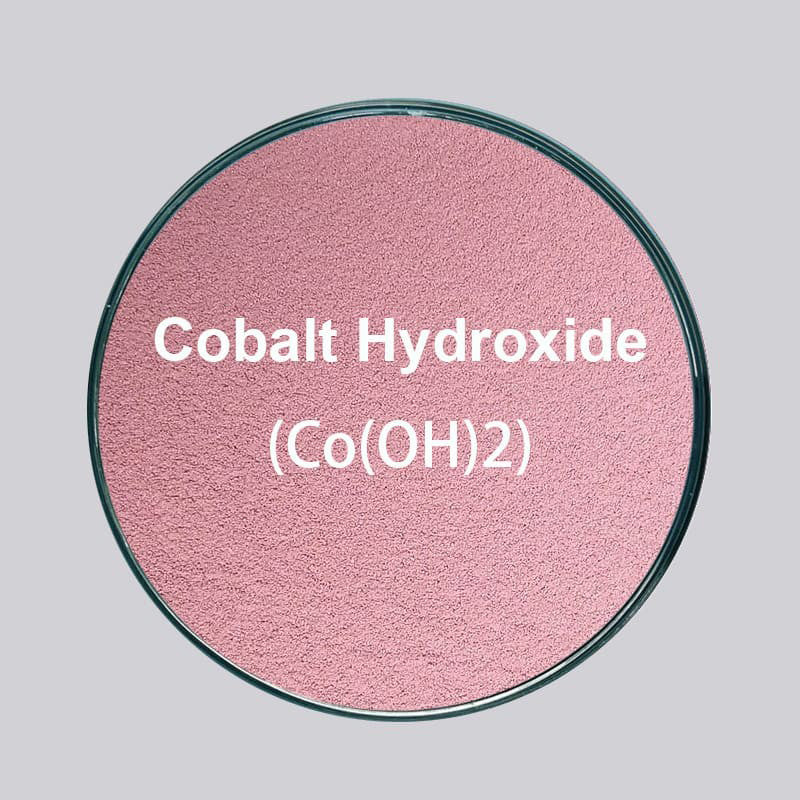
Cobalt Chloride Crystal: Bulk Purchasing vs. Small-Scale Orders from a Supplier
Cobalt chloride crystal is a versatile chemical compound widely used in humidity indicators, catalysts, electroplating, and research applications. Whether you need it for industrial-scale manufacturing or laboratory testing, choosing between bulk purchasing and small-scale orders is a key decision that impacts cost, storage, and supply chain efficiency.
Both bulk and small-scale orders have their advantages and drawbacks. Understanding when to opt for each can help businesses and researchers make informed purchasing decisions.
Pros and Cons of Bulk Purchasing
Bulk purchasing involves ordering large quantities of cobalt chloride crystal at once, typically from industrial suppliers. While this option is often preferred by large-scale users, it comes with both benefits and potential challenges.
Pros of Bulk Purchasing
-
Cost Savings
-
Buying cobalt chloride crystal in bulk often leads to significant cost reductions per unit. Suppliers typically offer volume discounts, making it a more economical choice for businesses with high consumption needs.
-
Consistent Supply
-
With bulk orders, you ensure a steady supply of cobalt chloride crystal, reducing the risk of production delays due to stock shortages. This is especially important for industries that rely on continuous operations.
-
Reduced Shipping Costs
-
Ordering in bulk minimizes the frequency of shipments, reducing transportation and handling costs over time.
-
Customization Options
-
Some suppliers offer customized packaging and specifications for bulk orders, helping businesses get the exact grade and purity needed for their applications.
Cons of Bulk Purchasing
-
Storage Requirements
-
Large quantities of cobalt chloride require proper storage conditions to maintain stability and prevent contamination. Without adequate storage facilities, bulk orders may lead to waste.
-
Higher Initial Investment
-
While bulk buying is cost-effective in the long run, it requires a larger upfront investment. Small businesses or research labs with limited budgets may find this challenging.
-
Shelf Life Considerations
-
Depending on the intended use, holding large quantities for extended periods can be risky. Over time, environmental exposure can degrade the quality of cobalt chloride crystals.
Pros and Cons of Small-Scale Orders
Small-scale purchasing, typically in lab-scale or moderate industrial quantities, is a more flexible option that suits businesses with lower demand.
Pros of Small-Scale Orders
-
Lower Initial Cost
-
Ordering smaller quantities allows businesses and researchers to purchase only what they need without a significant upfront cost.
-
Easier Storage and Handling
-
Smaller quantities require less space and fewer resources for proper storage, reducing the risk of contamination or degradation.
-
Greater Flexibility
-
Small-scale orders allow companies to test different suppliers, experiment with different grades, or adapt to changing project requirements.
-
Faster Turnaround for New Orders
-
Businesses with variable demand can avoid overstocking and instead place new orders as needed.
Cons of Small-Scale Orders
-
Higher Cost Per Unit
-
Small-scale purchases tend to have a higher price per unit compared to bulk orders, making long-term procurement more expensive.
-
Potential Supply Chain Disruptions
-
Regularly placing small orders increases the risk of supply chain interruptions, especially if a supplier experiences delays or stock shortages.
-
Frequent Shipping Expenses
-
Ordering in smaller batches means incurring frequent shipping costs, which can add up over time.
When to Choose Bulk vs. Small-Scale Orders
Bulk Purchasing is Ideal When:
-
You have a consistent, high-volume demand for cobalt chloride crystal.
-
Your business has proper storage facilities to maintain product integrity.
-
Cost savings and long-term procurement efficiency are a priority.
Small-Scale Orders are Best When:
-
You have unpredictable or low-volume demand.
-
You are testing a new supplier or experimenting with different grades.
-
Storage space is limited, and maintaining bulk inventory is not feasible.
When to Contact Rock Chemicals Inc. for Bulk Orders of Cobalt Chloride Crystal
Choosing the right purchasing option for cobalt chloride crystal depends on your specific needs, but if your business requires bulk quantities, working with a reliable supplier is essential. Rock Chemicals Inc. is a trusted supplier known for its high-quality cobalt chloride crystals, competitive bulk pricing, and dependable supply chain.
For businesses looking to secure a steady and cost-effective supply of cobalt chloride crystal, Rock Chemicals Inc. offers bulk purchasing options tailored to industrial and commercial needs. Contact Rock Chemicals Inc. today to discuss your bulk order requirements and ensure a consistent, high-quality supply for your operations.


